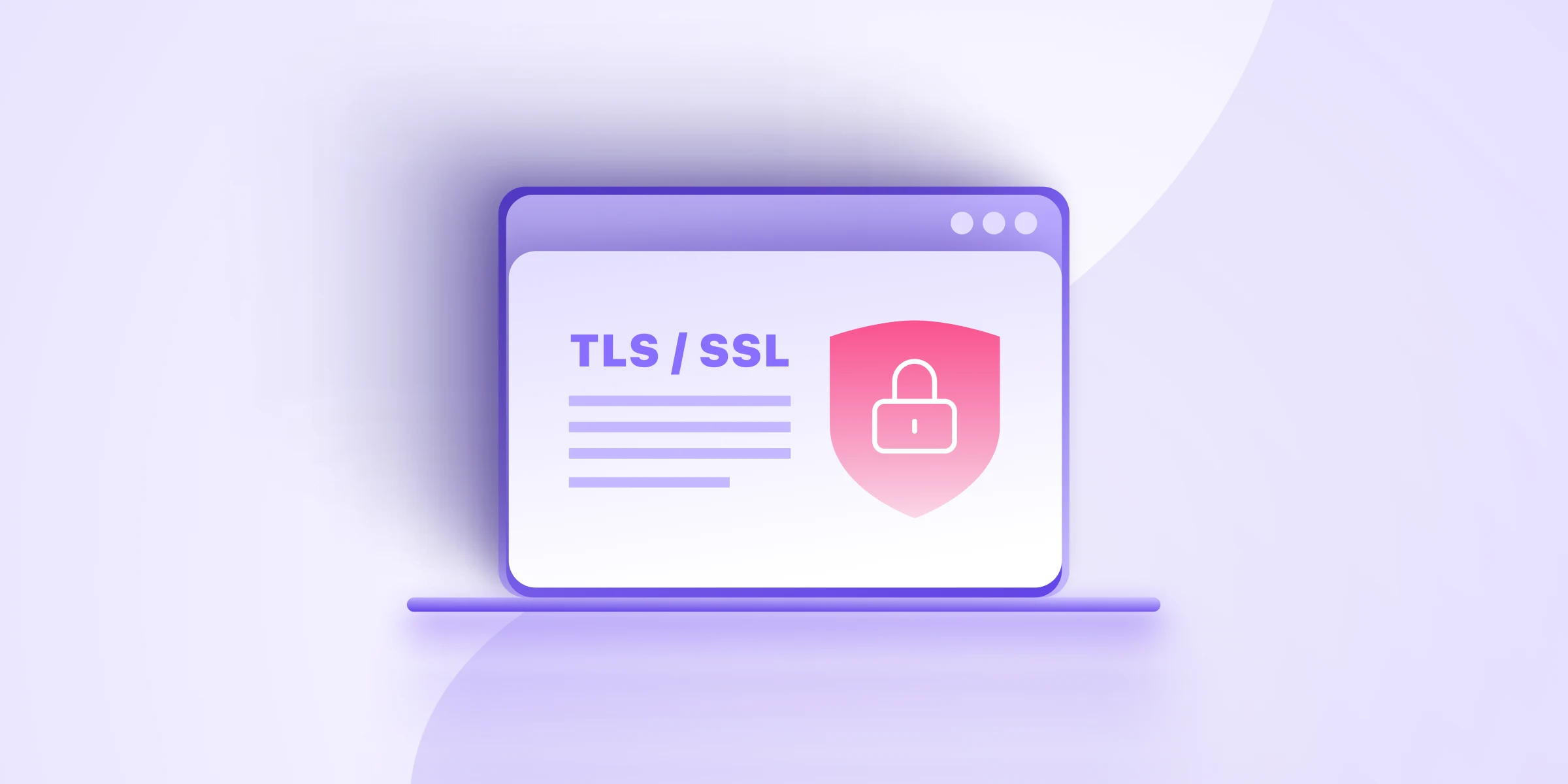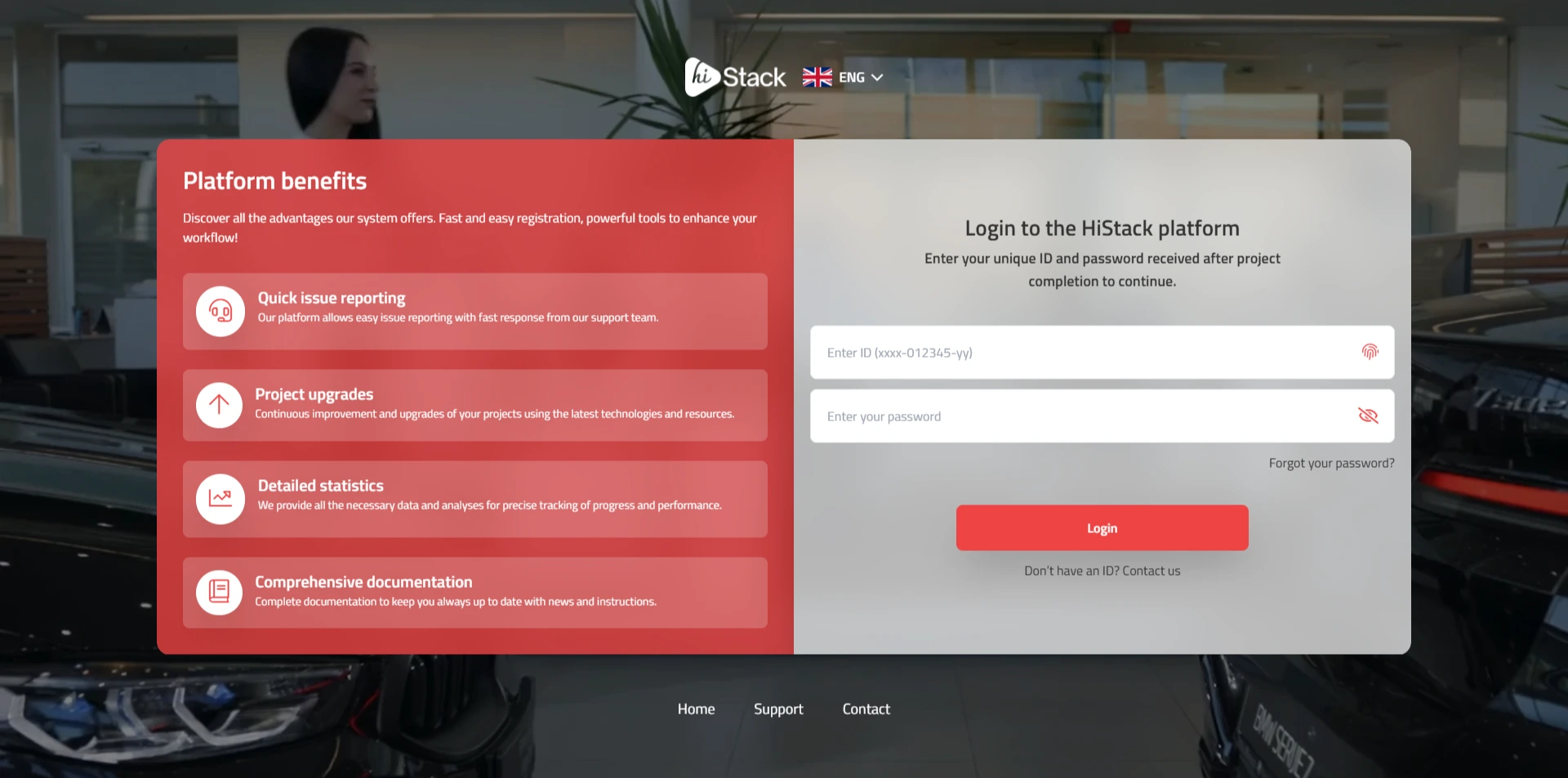
Explanation of Website Security Importance
SSL (Secure Sockets Layer) certificate is a key element of any website’s security. Whether you run a small blog, an online store, or a corporate website, SSL is not a luxury but a necessity. In this article, we’ll explain why SSL is so important and how it can impact the success of your website.
What is SSL and How Does It Work?
An SSL certificate enables encrypted communication between your website and its visitors. When a site has SSL:
- 1. The website address begins with https:// instead of http://.
- 2. A padlock icon appears in the browser’s address bar.
Encryption means that all data exchanged between the visitor and the site (such as passwords, personal information, or payment details) is protected from eavesdropping or theft.
Why is SSL Mandatory?
- 1. User data protection: SSL protects sensitive information such as passwords, credit card numbers, and personal data, making it unreadable to hackers. Without SSL, this data can be stolen and misused.
- 2. Increased user trust: Visitors recognize that a site is secure when they see the padlock icon and “https”. This boosts their confidence and willingness to continue interacting with the site, especially when it comes to online payments.
- 3. SEO advantages: Google favors websites with an SSL certificate in search results. That means sites without SSL can lose valuable rankings and visibility.
- 4. Avoiding browser warnings: Modern browsers, such as Google Chrome, clearly mark websites without SSL as “Not Secure.” This can drive visitors away, as no one wants to risk their security.
- 5. Legal compliance: In many countries, data protection laws (such as GDPR in the European Union) require proper measures for securing user data. SSL is one of the fundamental steps toward compliance.
How to Obtain an SSL Certificate?
- 1. Purchasing an SSL certificate: There are many providers offering SSL certificates, such as Comodo, DigiCert, and GlobalSign. The price varies depending on the level of security you need.
- 2. Free SSL certificates: If you own a small website, you can use free options like Let's Encrypt, which are easy to set up.
- 3. SSL implementation: After obtaining the certificate, implement it on your site through your hosting provider. Most hosting companies offer automatic SSL setup.
What Happens If You Don't Have SSL?
- 1. Your website may be marked as insecure, which reduces the number of visitors.
- 2. You risk compromising your users' data.
- 3. You lose SEO ranking advantages.
- 4. It hinders building trust with your audience, directly affecting conversions and revenue.
Conclusion
SSL is not just a technical matter; it is a sign of care for the security and trust of your visitors. If you still don’t have SSL on your website, now is the right time to install it. This will protect your users’ data, improve your reputation, and enable better search engine rankings.








